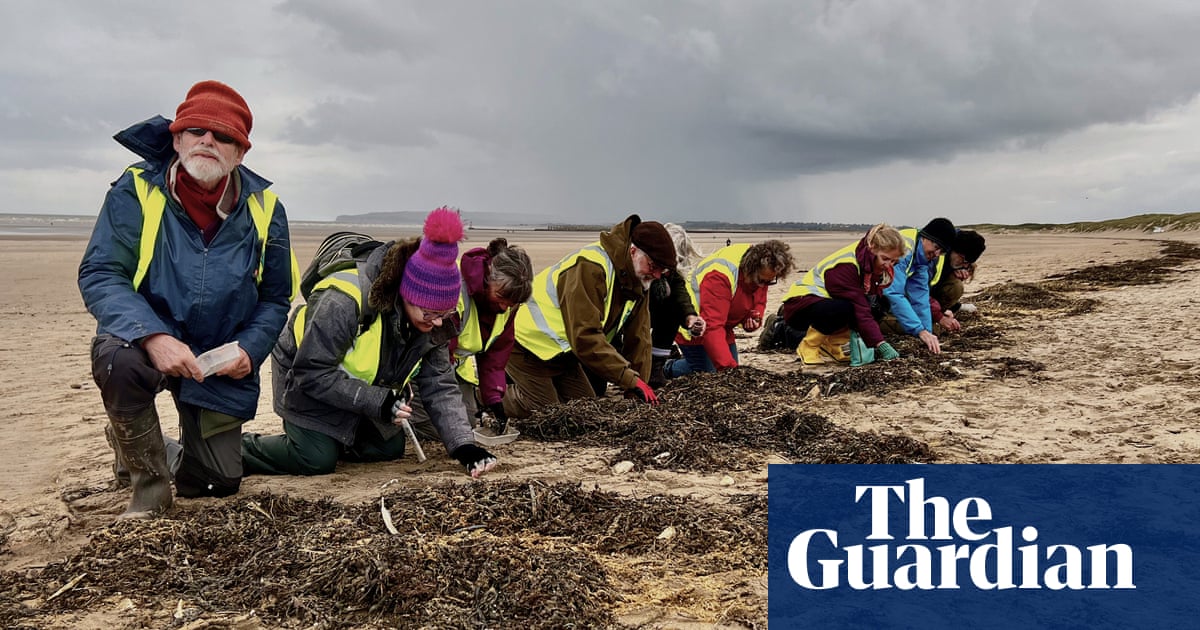
A series of lawsuits against plastic producers and governments is expected after a “historic” international agreement on waste, say legal experts.
Last week, world leaders agreed to draw up a legally binding treaty over the next two years that covered the full lifecycle of plastics from production to disposal. The move was described by the head of the UN Environment Programme as the most important multilateral environmental deal since the Paris agreement in 2015.
And, like its climate counterpart, the new treaty could provide an essential tool to hold governments and companies accountable for their environmental impacts.
An imminent case in the Philippines could set an important precedent. Last year, a coalition of individuals and environmental groups led by the marine conservation group Oceana Philippines filed a petition accusing the Philippine government of failing to tackle the “unabated production, use and disposal of plastic” over the past two decades.
The group claims a law requiring the country’s public waste body to review, update and enforce a list of products that are not environmentally friendly has never been implemented despite being passed in 2001. The result of this, it say, is “the unabated emission of millions of tons of plastic waste into every nook and cranny of the Philippine archipelago”.
The petitioners, who include people who are catching fewer fish, having trouble conceiving or being affected by worsening floods aggravated by plastic pollution, say the government’s inaction is breaching their constitutional right to a healthy environment.
The Philippine supreme court has accepted the case, which goes to trial later this month.
Carroll Muffett, the president of the US-based Center for International Environmental Law, said it was “beyond any doubt” there would be more lawsuits on plastics in future, pointing to the “small but accelerating” body of litigation already in North America.
The coffee company Keurig Green Mountain recently agreed settlements in both the US and Canada with a consumer and regulator respectively after being challenged on claims about the recyclability of its disposable coffee pods. The company paid out millions of dollars and has to change the language it uses on its packaging.
Earth Island Institute, a California-based environmental group, has filed three separate lawsuits against producers of plastic goods. In 2020, it began suing Coca-Cola, Pepsi, Nestlé and other large companies for creating a plastic pollution “nuisance”. The following year Earth Island Institute brought another lawsuit against Coke as well as BlueTriton Brands (formerly Nestlé Waters North America), claiming the companies falsely portrayed themselves as environmentally friendly despite being huge plastic polluters. The companies argue they are all taking action to reduce their plastic use, improve collection and try to find policy resolutions with legislators.
All three cases are still pending, but at least two will be heard in state courts, which in general have been more sympathetic than federal courts towards environmental litigants.
According to Rosa Pritchard, a plastics lawyer at the environmental law charity ClientEarth, plastics-related litigation is already on the rise. “Plastics production – big oil’s plan B – is increasingly in the spotlight for its contribution to climate change.”
ClientEarth is taking legal action to stop the petrochemicals group Ineos building a giant plastics plant in Belgium,
Pritchard said the Paris agreement had “provided an essential tool” to hold governments and corporations accountable for their contribution to climate change. “A robust treaty on plastics could also have this impact” alongside further waste and climate laws being introduced across Europe, she added.
As well as using the law to challenge plastic production, ClientEarth will be focusing its efforts on industry greenwashing. It has already reported Ahold Delhaize, one of the world’s largest grocery retail groups, to the Dutch financial regulator for allegedly failing to disclose key information on the company’s use of plastics or to report plastic-related risk to its investors. The company has said that it reports annually on the progress it is making with regards to reducing its plastic use and is focusing on those areas where it can have a direct impact, such as improving packaging, phasing out single-use plastic and recycling plastic waste from its sites.
Muffett said: “Communities and states affected by plastics are going to be learning from the lessons of climate litigation and looking at the industries and actors that are playing a role in that crisis. A lot of different people are affected in very different ways, and that means that the potential avenues for litigation are actually very substantial and very diverse.”
In a stark parallel to the misinformation campaigns on climate crisis supported by the fossil fuel industry, Muffett said there was mounting evidence that plastic producers had known for a very long time it accumulated in the environment and that they had sought to shift the blame to consumers: “It’s just a matter of when the additional dots get connected.”
Muffett said the commitment to make a legally binding plastics treaty signalled an important shift in political and public debate. “It means that the era of unrestricted plastic production, use and disposal has a limited lifetime, so everyone working in those sectors is going to have to address that reality very soon – and if they fail to do that a new litigation risk will arise.”












